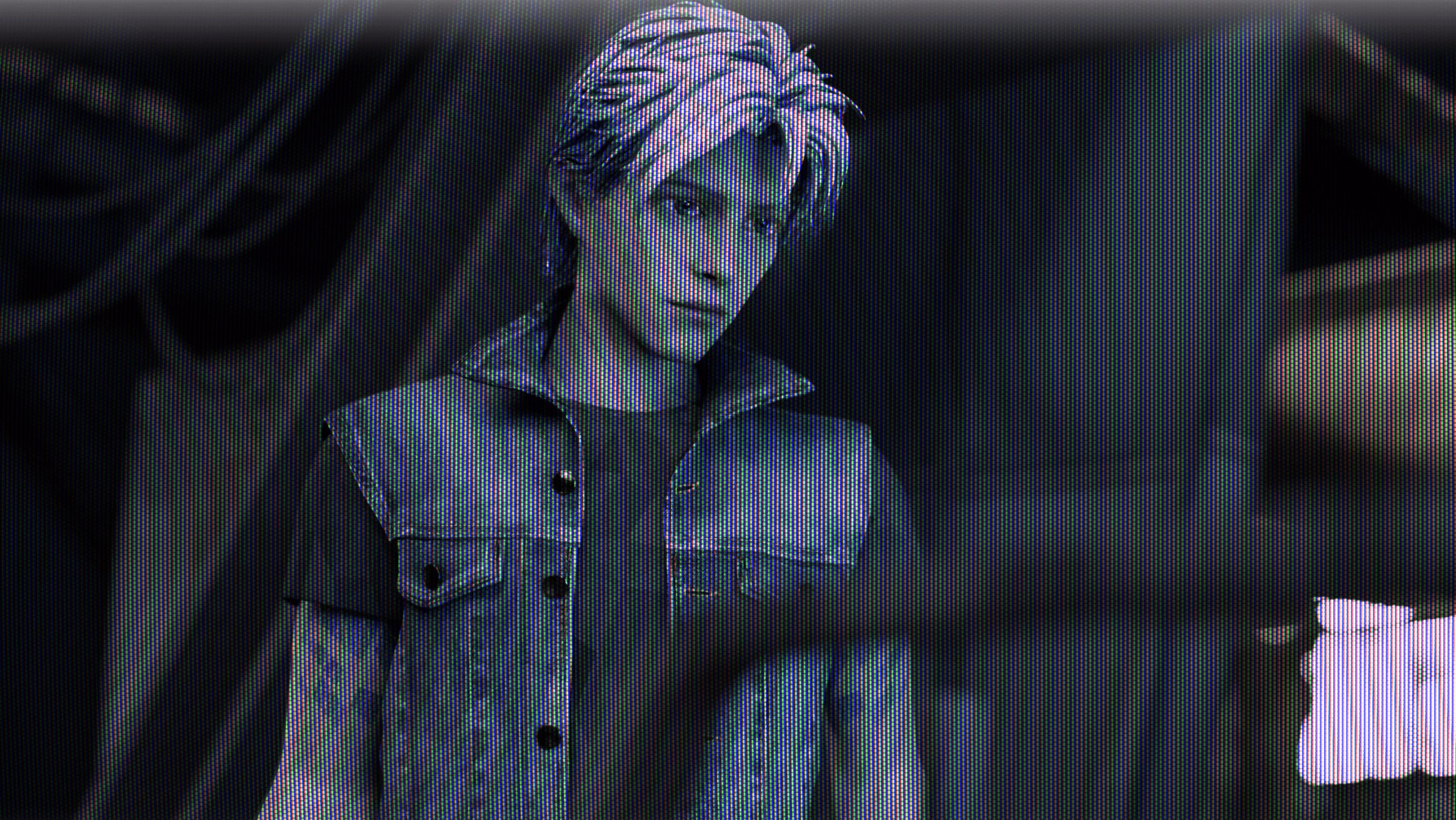Ready Player One is a story about desperate people seeking escape from a collapsing society within the confines of a predatory digital world run by ultra-rich oligarchs who will do anything, including committing mass murder, in order to protect their positions of wealth and power. And now a company called Futureverse is teaming up with Warner Bros Discovery and author Ernest Cline to bring that particular Torment Nexus to life with the creation of the Readyverse, which aims to “to bring the promise of the open metaverse depicted in Cline’s Ready Player One novel and the blockbuster film adaptation into a tangible reality.”
“The future has arrived even more quickly than I imagined,” Cline said. “With Readyverse Studios, we have the opportunity to leverage the revolutionary technology Futureverse has been building for several years to bring to life the best possible version of the metaverse. I’m confident with this team, we have the brightest minds and biggest hearts in place to lead us into the next chapter of our collective future… a future that would make Wade Watts and James Halliday proud.”
That future sees Watts living as an impoverished orphan in “the Stacks,” an overcrowded, crime-riddled shantytown made up of trailers and mobile homes piled on top of each other in the crumbling US of 2045. He spends his time wandering around the virtual world known as OASIS, searching—alongside countless others—for the solution to a puzzle that will grant him ownership of OASIS and the immeasurable wealth that comes with it. His quest revolves around being good at old videogames and knowing lots of ’80s pop-culture trivia, but there’s plenty of violence and death too, as current OASIS owner Innovative Online Industries isn’t too keen on surrendering control—probably the most believable part of the whole thing.
Ready Player One was a New York Times bestseller and widely praised for its enthusiastic embrace of nerddom, but underneath all the Pac-Man, Blade Runner, and Monty Python references it’s a tale of a world gone very, very wrong. Even when Watts ultimately triumphs—and yes, spoiler there, but come on, of course he does—the world still sucks: All that’s really changed is that now a different guy has all the money and power.
Anyway, I’m sure it’ll be fine when it happens in real life, a confidence borne largely by the fact that the Readyverse seems as ethereal as all the other bullshit metaverses that have been teased over the past few years: “A dynamic interactive platform of interconnected digital experiences” that promises to “champion the principles of the open metaverse, which are provable digital ownership, community-owned infrastructure, decentralization, security, and interoperability.” So, Fortnite as envisioned by NFT bros, I guess?
“We are thrilled to be at the forefront of technology, embracing its potential while continuously exploring new and exciting ways to integrate it within fan experiences across our brands and franchises,” said Josh Hackbarth, Warner Bros. Discovery’s SVP of franchise development. “Ready Player One has become a cultural touchstone, inspiring technology innovators, creators, and visionaries and we’re excited to be partnering with Readyverse Studios to introduce these unique characters, immersive environments and more, to the metaverse across web3.”
It’s not terribly surprising that Warner would jump into this: For one thing, it produced and distributed the 2018 film based on Cline’s book. But the company has also recently expressed a desire to turn its major franchises into “always-on” live-service-style games, with the goal of “more players spending more time on more platforms.” And from a bottom-line corporate perspective, I suppose that’s laudable: The implicit fourth part of that goal is “more money,” after all.
But then there’s the Torment Nexus angle to consider. For those not familiar with the joke:
(Image credit: AlexBlechman (Twitter))
Maybe this isn’t exactly that, but even Ready Player One ends on a cautionary note: After taking control of OASIS, Watts decides to shut it down on Tuesdays and Thursdays because people really do need to get offline now and then. Despite his sometimes embarrassingly enthusiastic embrace of the kitsch and ephemera of his youth, even Cline knew that overdosing on digital disconnection isn’t good for you. Will Readyverse follow suit? I suspect not.
Readyverse is set to go live sometime in 2024. If you’d like to get a good seat for the dystopian decline, you can sign up for early access at readyverse.com.










